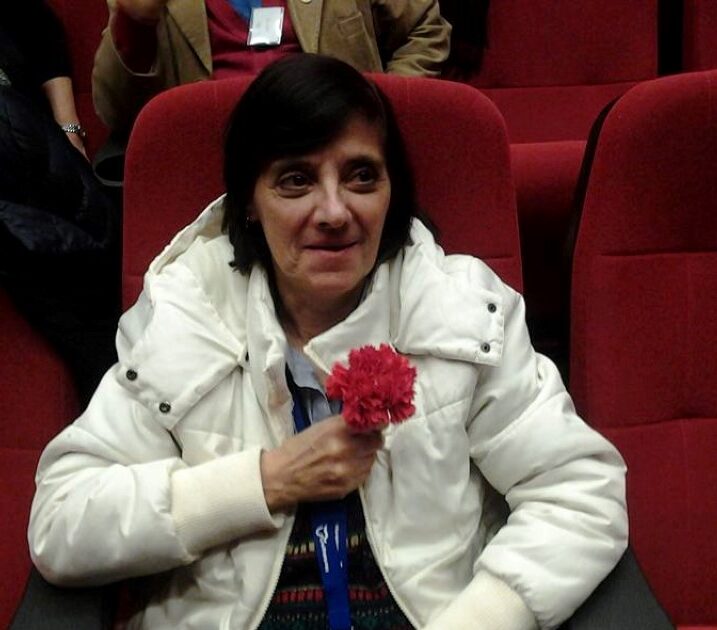‘We see silence filled with fear’: female Afghan journalists plead for help.
Women in media in Kabul tell of trying to destroy traces of their identity as they brace for Taliban retribution.
When president Ashraf Ghani slipped out of Afghanistan with no warning, he took with him any glimpse of hope left for the nation’s women – especially those who are educated and outspoken.
Aaisha* is that and more. As a prominent news anchor and political talk show host, she has watched her life’s efforts crumble in what felt like seconds.
“For many years, I worked as a journalist… to raise the voice of Afghans, especially Afghan women, but now our identity is being destroyed and nothing has been done by us to deserve this,” Aaisha said on Monday.
“In the last 24 hours, our lives have changed and we have been confined to our homes, and death threatens us at every moment.
“We see silence filled with fear of the Taliban around us.”
Female Afghan journalists tell of a once free and bustling Kabul now filled with silence and fear as they destroy traces of their identity and work to avoid Taliban militants.
Aaisha is one of dozens of female Afghan journalists who have communicated with the Guardian over the past weeks, documenting the fall of their nation to share the devastation with the world.
Now they fear that reporting without fear or favour will be the very thing that costs them their future.
They constantly receive death threats from the Taliban, and from others who agree that women should not be treated as equal.
Through a scratchy phone connection, Fereyba recalled the moment she heard that the Taliban were entering the gates of Kabul.
“I was outside of the home, and I just got a call from my brother saying ‘Where are you?
You have to go home right now.’
“And it was very scary.
“You cannot imagine the picture of the people and the eyes, and the faces and expressions.”
Her voice choking, she said reports of women and girls being beaten, forcibly taken as wives and raped left her panicked that this could soon be her fate.
“Firstly I am worried about myself because I am a girl, and also a woman journalist,” she said.
“In provinces they took some girls for themselves and used them as slaves.”
Zeyba works for one of Afghanistan’s largest media networks, which meant she and her husband and children would be shown no mercy, she said.
She said she and other journalists were frantically trying to send their identity documentation and work to embassies before destroying any trace of their existence, physically and online.
The situation in Afghanistan has prompted the Australian journalists’ union to call for protection for Afghan colleagues.
In a statement, the Media Entertainment and Arts Alliance said it stood with journalists in Afghanistan who were being targeted because of their work.
It urged the Australian government to include media workers in any humanitarian visa offerings.
Karen Percy, vice-president of the MEAA’s media section, said Australia had a responsibility to not walk away from a military mission “without regard for the consequences”.
“Journalists are targets for retribution and the situation is clearly deteriorating rapidly,” she said.
“Australia has an obligation to provide refuge.”
John Blaxland, professor of international security and intelligence at the Australian National University, said there was no mistaking the risk of human rights abuses facing women in the Afghan media.
“These are people who are important for the Taliban to neutralise and to take out of the equation, physically and metaphorically,” he said.
“We don’t know how long they have left, and it’s just awful to contemplate how they’ve been really left high and dry under these awful circumstances.
* All names have been changed

2 shares
Like
Comment
Share
